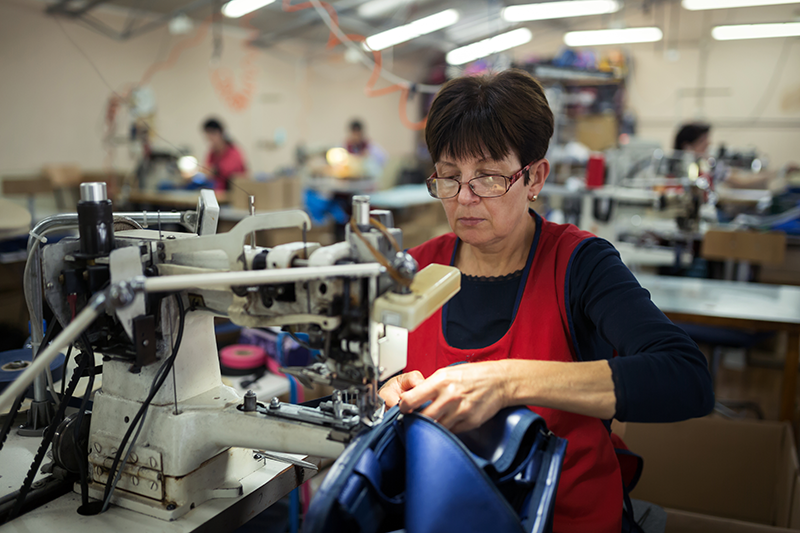
Заплащане и доходи
Плащанията и доходите са от основно значение за трудовите взаимоотношения и качеството на живот. Поради кризисни процеси в икономиката и в обществото като цяло този въпрос бе предмет на още по-голямо внимание на равнище ЕС.

Европейският стълб на социалните права определя ангажиментите на ЕС относно заплатите: правото на работниците на справедливо заплащане, което осигурява достоен стандарт на живот; гарантиране на достатъчна минимална работна заплата; предотвратяване на бедността сред работещите.
Eurofound редовно докладва за различните аспекти на заплащането и доходите от гледна точка на променящите се икономически условия в цяла Европа.
Чрез своята Европейска обсерватория на професионалния живот (EurWORK), Eurofound обединява набор от информация относно заплащането. Редовният характер на отчитането генерира по-дълга поредица от наблюдения върху колективно договорените възнаграждения, така че тенденциите да подлежат контрол. Eurofound публикува редовно актуална информация относно задължителния минимум на възнагражденията и колективно договореното заплащане. Освен това Eurofound наблюдава тенденциите на национално ниво във връзка с механизмите за определяне на възнагражденията, равното заплащане, променливото заплащане, ниското заплащане и разликата в заплащането при жените и мъжете.
Профилите на отделните държави в областта на професионалния живот съдържат информация относно заплащането на национално равнище и редовно се актуализират. Освен това EurWORK поддържа две бази данни относно заплащането (вж. ресурсите по-долу).
Европейският наблюдател на работните места на Eurofound (EJM) извършва оценка на измененията в заетостта по вид работа според различни качествени мерки, включително заплащането. По-специално той допринася за познанията ни относно явлението поляризация на заетостта — т.е. степента, в която растежът на заетостта вероятно ще бъде по-голям в началото и в края на разпределението на заплатите, отколкото в средата.
Проучванията на Eurofound наблюдават и условията на заплащане в ЕС. Заплащането заема централно място в изследванията на Eurofound при извършване на оценка на качеството на труд. В европейското проучване за условията на труд (EWCS) доходите са един от седемте показателя за качество на работата. EWCS отчита и разликата в заплащането при жените и мъжете. За повече информация вж. Интерактивен инструмент за визуализация на EWCS.
Европейското проучване за качеството на живот (EQLS) следи въздействието на доходите върху жизнения стандарт и връзката между неравенството в доходите със социалното сближаване и благополучие. Проучването анализира как кризата е засегнала семействата, като акцентира върху тези с ниски доходи, задлъжнялостта на домакинствата и групите, изложени на риск от бедност. Освен това EQLS събира информация за доходите при пенсиониране и възможностите за удължаване на професионалния живот. За повече информация вж. Интерактивен инструмент за визуализация на EQLS.
Проучването на европейските дружества (ECS) обхваща използването на променливи схеми за заплащане в предприятията, както и покритието на служителите в тези предприятия посредством колективни трудови договори. Проучването позволява информацията за променливото заплащане и договаряне на заплатите да се свърже с информацията за организацията на труда, управлението на човешките ресурси, прякото участие на работещите и социалния диалог, както и с ефективността и благосъстоянието на работното място.






